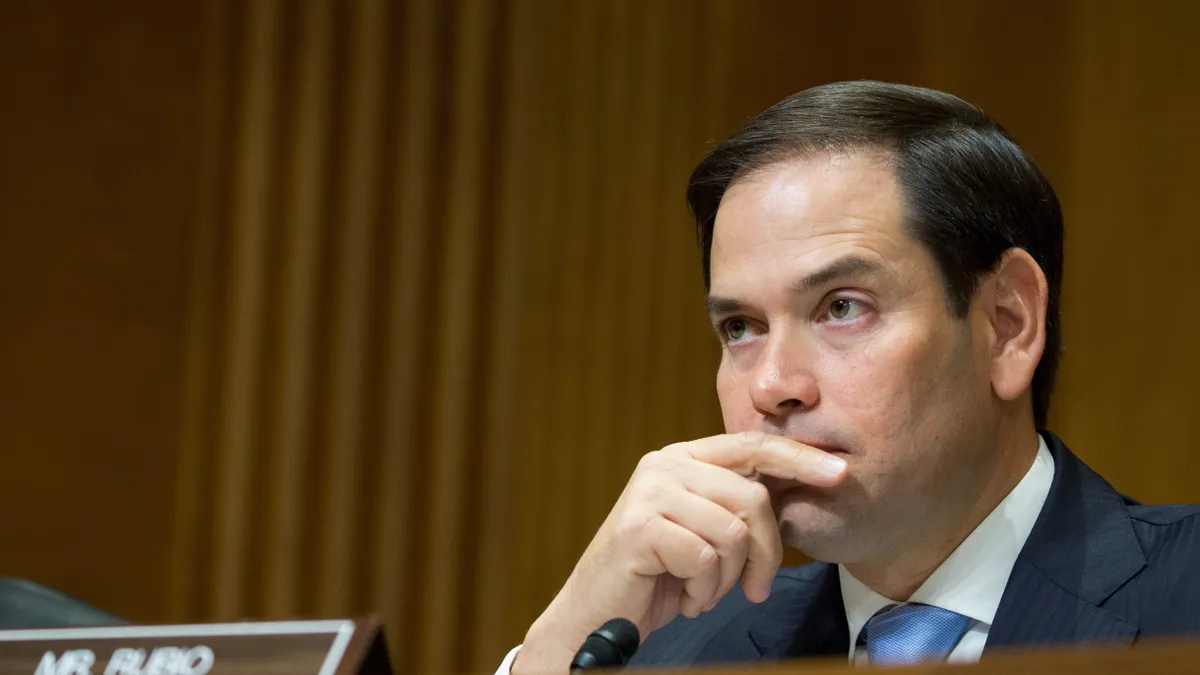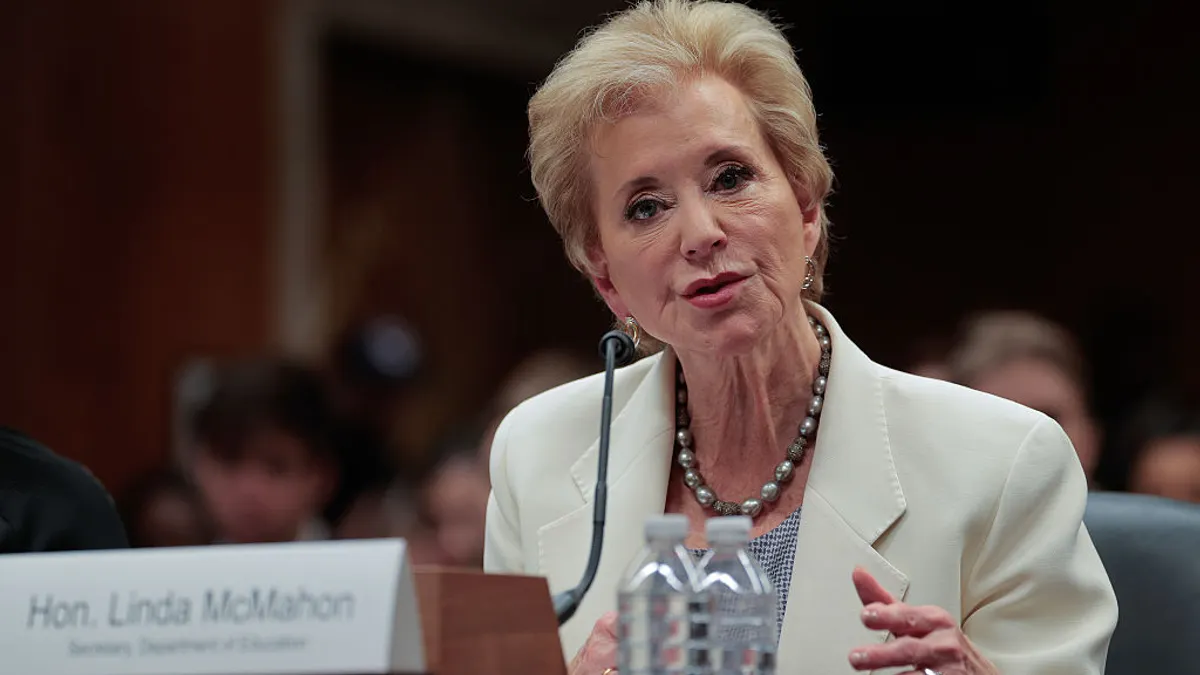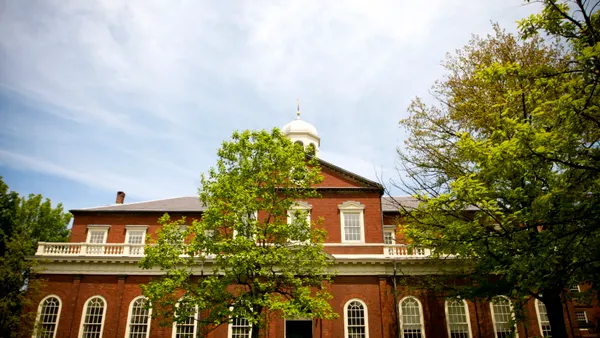Higher education accreditors would not be able to consider a college's policies on affirmative action or diversity, equity and inclusion during the accreditation process, under a new bill from a leading Republican senator.
Introduced by Florida Sen. Marco Rubio, the legislation aims to protect free speech on college campuses and "prevent a politicized [U.S.] Department of Education from further forcing diversity, equity, and inclusion policies into higher education," according to a news release.
It's not uncommon for accrediting agencies to include language around diversity and inclusion in their evaluation processes.
For example, the Higher Learning Commission, an accreditor largely focused on the Midwest, considers if a college's "processes and activities demonstrate inclusive and equitable treatment of diverse populations," according to its criteria for accreditation.
Similarly, accreditation standards from the New England Commission of Higher Education says colleges should foster "an inclusive atmosphere within the institutional community that respects and supports people of diverse characteristics and backgrounds."
Neither HLC nor NECHE immediately responded to questions about the proposed legislation Monday.
Cynthia Jackson-Hammond, president of the Council for Higher Education Accreditation, an accreditor industry group, called the bill an overstep and said it could undermine the higher education sector.
"Accreditation is about confirming and affirming that every student succeeds because of the rich characteristics that they bring to the higher education space," she said in an email Monday. The proposed legislation stands in "direct contradiction to institutional autonomy and discredits higher education's intent to validate and affirm every student's personal identity and value."
Tensions between accreditors and colleges
Rubio, however, said that under the current accreditation system, colleges "risk reputational and financial ruin" if they don't comply with "wokeness."
As one example, a spokesperson for Rubio pointed to the University of North Carolina-Chapel Hill's battle with its accreditor, the Southern Association of Colleges & Schools Commission, over a proposed civics school. The School of Civic Life and Leadership, approved unanimously by the university's trustees, would help "recognize members of political outgroups as friends to learn from rather than foes to vanquish," according to the board's chair.
But leadership at the accrediting body noted the “accelerated” development of the center and questioned if faculty had been adequately involved. Chapel Hill faculty members also pushed back against the proposed school for not seeking their input.
The accreditor requested more information on the new school — a common practice — and subsequently faced significant backlash from the state’s congressional Republicans.
North Carolina lawmakers have since introduced legislation that would force public colleges in the state to switch accreditors every cycle.
Rubio's bill is the latest in a series of legislative moves by Republican lawmakers looking to influence higher education.
Republican-controlled state legislatures this year introduced several anti-tenure bills, though so far they have lacked the traction needed to be enacted.
Florida, Rubio's home state, has been at the forefront of this effort. It made headlines when it outlawed public colleges from funding DEI efforts last month.
The state's governor, Ron DeSantis, vocally supported the ban and has worked to shape the traditionally left-leaning New College of Florida in the image of Michigan's Hillsdale College, a private conservative institution that accepts no federal funding. DeSantis has since announced his 2024 run for the presidency.












